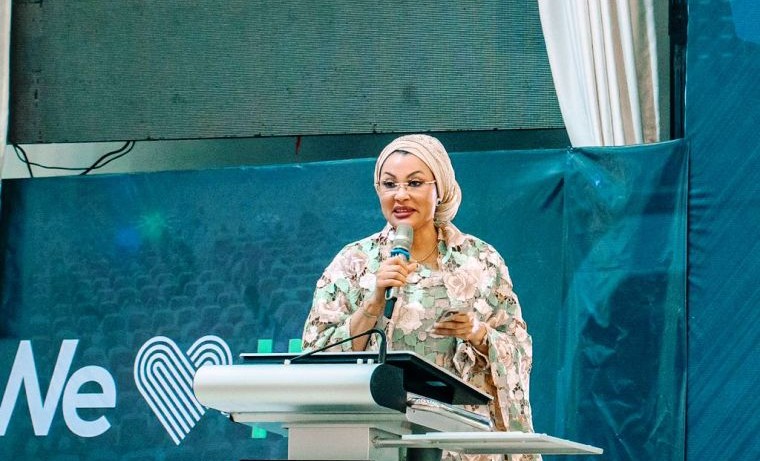Nigeria has announced a significant recalibration of its economic size, with the national statistics office revising the country’s Gross Domestic Product (GDP) upward by 155% following a long-awaited rebasing exercise. The new GDP estimate stands at ₦205 trillion (approximately $460 billion using 2019 exchange rates), up sharply from the previous ₦80 trillion benchmark set nearly a decade ago.
Statistician-General Adeyemi Adeniran unveiled the updated figures in Abuja, emphasizing that the recalculation reflects a more accurate representation of the nation’s evolving economy. The revision, which resets the base year for economic measurements to 2019, marks Nigeria’s first GDP rebasing since 2014 and reveals a 41.7% expansion in nominal economic output over the intervening years. This methodological shift brings Nigeria’s statistical framework in line with modern production patterns, accounting for emerging industries and updated consumption data.
The five-year review period, spanning 2019 to 2023, identified crop production as the economy’s dominant engine, contributing 21.2% to overall output. Trade accounted for 18.4%, with real estate (8.9%), telecommunications (8.5%), and crude petroleum/natural gas (6.8%) rounding out the top five sectors. The prominence of agriculture and trade underscores the informal economy’s centrality, while telecoms’ strong showing signals gradual diversification beyond Nigeria’s traditional oil dependence.
Rebasing exercises, typically conducted every five years, allow nations to update the weights assigned to industries based on their current relevance. Nigeria’s adoption of 2019 as the new reference year incorporates structural changes post-2014, including rapid digitalization and shifts in household spending. While the update does not signify new economic activity, it offers policymakers and investors a clearer baseline for assessing growth trends and sectoral performance.
The revised data arrives as Africa’s most populous nation navigates inflationary pressures and currency reforms. By capturing previously undercounted segments like e-commerce and technology services, the recalibration could influence international perceptions of Nigeria’s market potential. Analysts caution, however, that GDP expansions from rebasing do not directly translate to improved living standards, with per capita income figures still awaiting recalculation under the new framework.
The National Bureau of Statistics plans phased releases of updated historical GDP data up to 2023 in the coming weeks, enabling comprehensive comparisons with prior economic performance.



